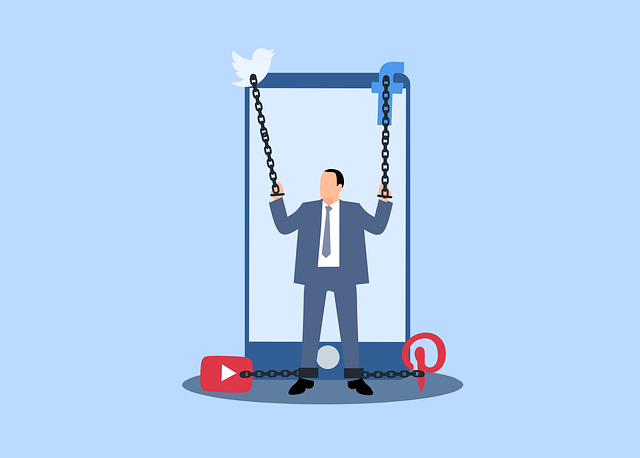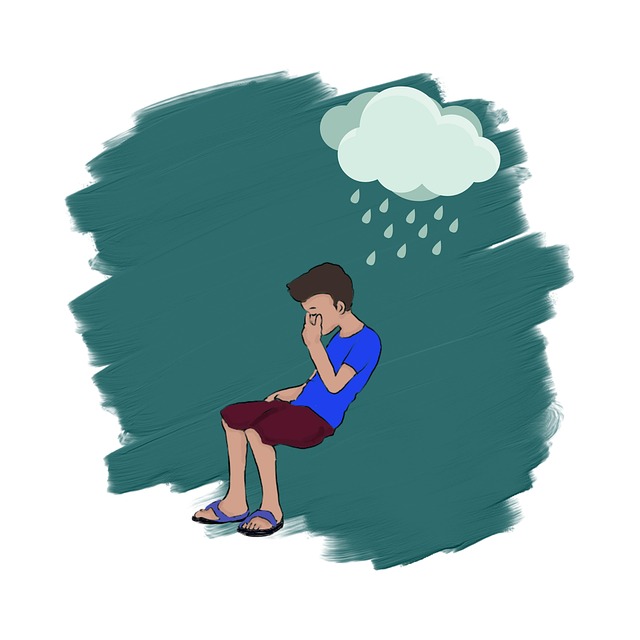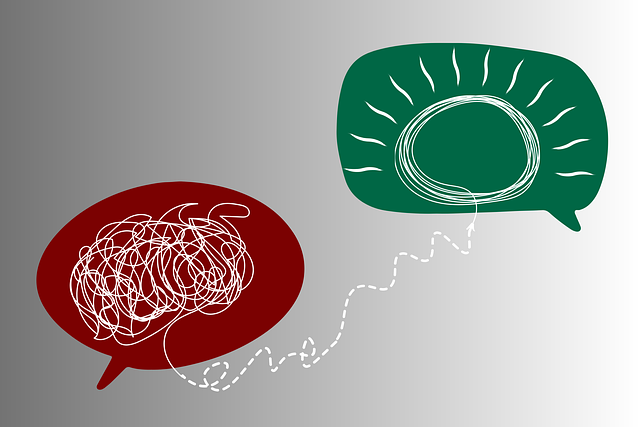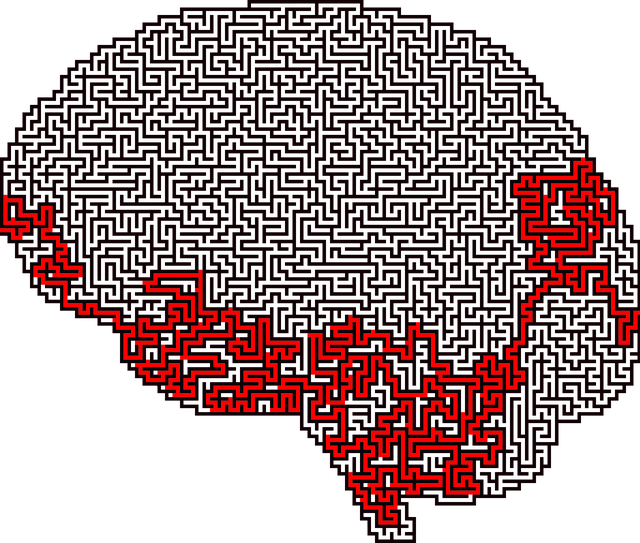Healthcare provider burnout, driven by workloads, long hours, and challenging patient interactions, leads to exhaustion, detachment, and decreased performance, impacting both individual well-being and patient care. Addressing this requires targeting root causes like work-life balance, poor team communication, and insufficient resources. Recognizing societal barriers faced by men, including limited access to therapy for men's issues, is crucial in developing effective prevention strategies. A multifaceted approach includes tailored therapy for men's issues, mental health education, public awareness campaigns, and emphasizing self-care routines. Specialized therapy for men's issues addresses unique stressors with tailored support, building resilience and enhancing well-being among male healthcare professionals.
Healthcare provider burnout is a growing concern, impacting patient care and well-being. This article delves into the root causes and far-reaching effects of this widespread issue. We present a comprehensive guide to prevention strategies, offering practical solutions for healthcare professionals. Furthermore, we explore specialized therapy approaches tailored to address unique challenges faced by men in the industry, highlighting the importance of targeted support. By implementing these strategies, healthcare organizations can foster a healthier, more resilient workforce.
- Understanding Burnout Among Healthcare Providers: Causes and Impact
- Effective Strategies for Burnout Prevention: A Comprehensive Approach
- Specialized Therapy for Men's Issues: Addressing Unique Challenges in Healthcare Burnout
Understanding Burnout Among Healthcare Providers: Causes and Impact

Burnout among healthcare providers is a growing concern, with high-stress work environments contributing to physical and emotional exhaustion. This phenomenon often manifests as a loss of passion for one’s job, feelings of detachment, and decreased performance. Understanding burnout is crucial in developing effective prevention strategies, especially considering its profound impact on both individual well-being and patient care.
Several factors contribute to healthcare provider burnout, including heavy workloads, long working hours, and challenging patient interactions. The constant exposure to trauma and stress can lead to emotional exhaustion and a sense of depersonalization. Moreover, the lack of work-life balance, poor communication within teams, and insufficient resources can exacerbate these issues. For men in particular, societal expectations and limited access to therapy for mens issues may further complicate their ability to cope with workplace stressors, potentially leading to unaddressed emotional injuries. Effective prevention strategies must address these underlying causes, focusing on conflict resolution techniques, emotional healing processes, and robust stress management.
Effective Strategies for Burnout Prevention: A Comprehensive Approach

Preventing burnout among healthcare providers is a multifaceted approach that requires a comprehensive strategy. Firstly, integrating therapy and mental health support specifically tailored for men’s issues has proven effective in addressing unique challenges faced by male healthcare workers. This can involve individual therapy sessions, peer support groups, or specialized programs focusing on stress management and emotional resilience.
Secondly, the design of Mental Health Education Programs plays a pivotal role in burnout prevention. These programs should educate healthcare providers about recognizing early signs of burnout, promoting self-care practices, and fostering a culture of open communication around mental health concerns. Alongside these efforts, developing public awareness campaigns can help reduce stigma associated with seeking mental health support, encouraging professionals to prioritize their well-being. Encouraging the adoption of Self-Care Routine Development for Better Mental Health is also vital, emphasizing activities like regular exercise, adequate sleep, and mindfulness practices to enhance resilience against burnout.
Specialized Therapy for Men's Issues: Addressing Unique Challenges in Healthcare Burnout

Men often face unique challenges when it comes to mental health and burnout within healthcare professions. Specialized therapy for men’s issues is becoming increasingly recognized as a crucial aspect of preventing burnout, offering tailored support for male healthcare workers. Traditional therapy settings may not always cater to men’s specific needs, leading to higher rates of unaddressed stress and mental health concerns.
Therapy for men’s issues focuses on understanding and managing the unique stressors faced by males in healthcare, such as work-life balance, gender roles, and cultural expectations. Depression prevention strategies tailored for men can include building resilience through confidence-boosting techniques and fostering a safe, culturally sensitive mental healthcare environment. By addressing these challenges head-on, healthcare organizations can contribute to overall burnout prevention, ensuring male professionals thrive in their roles while providing quality patient care.
Healthcare provider burnout is a pressing issue, but with a comprehensive approach that includes specialized therapy for men’s issues, it can be effectively addressed. By understanding the causes and impact of burnout, healthcare organizations can implement strategies to prevent and mitigate this growing concern. Recognizing and addressing unique challenges faced by male healthcare providers is essential in creating a healthier, more supportive work environment. Through these efforts, we can foster resilience and ensure that healthcare professionals are able to continue providing quality care for years to come.














